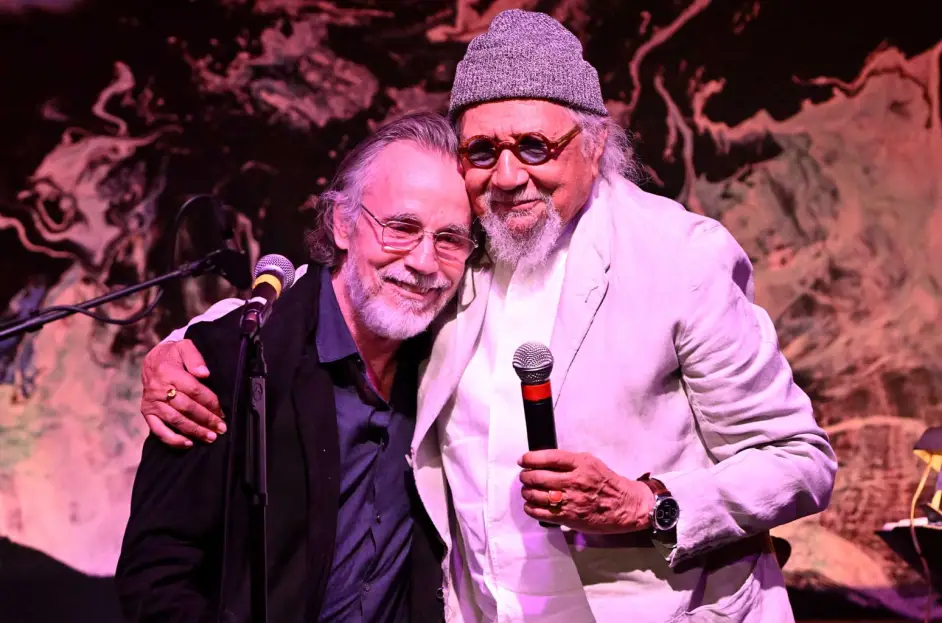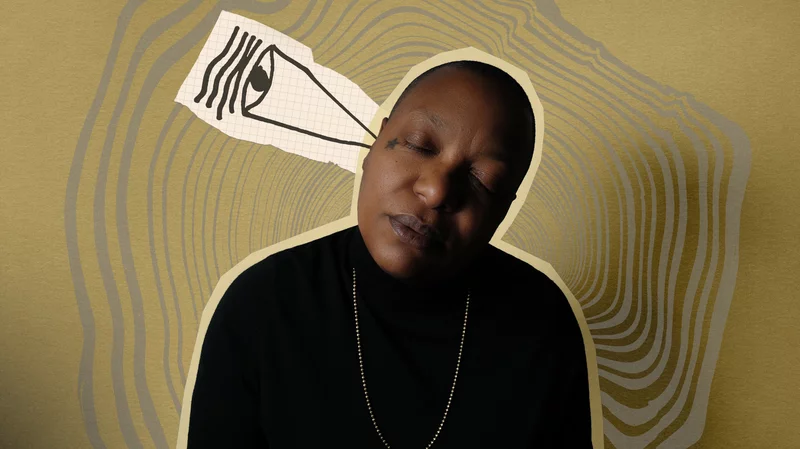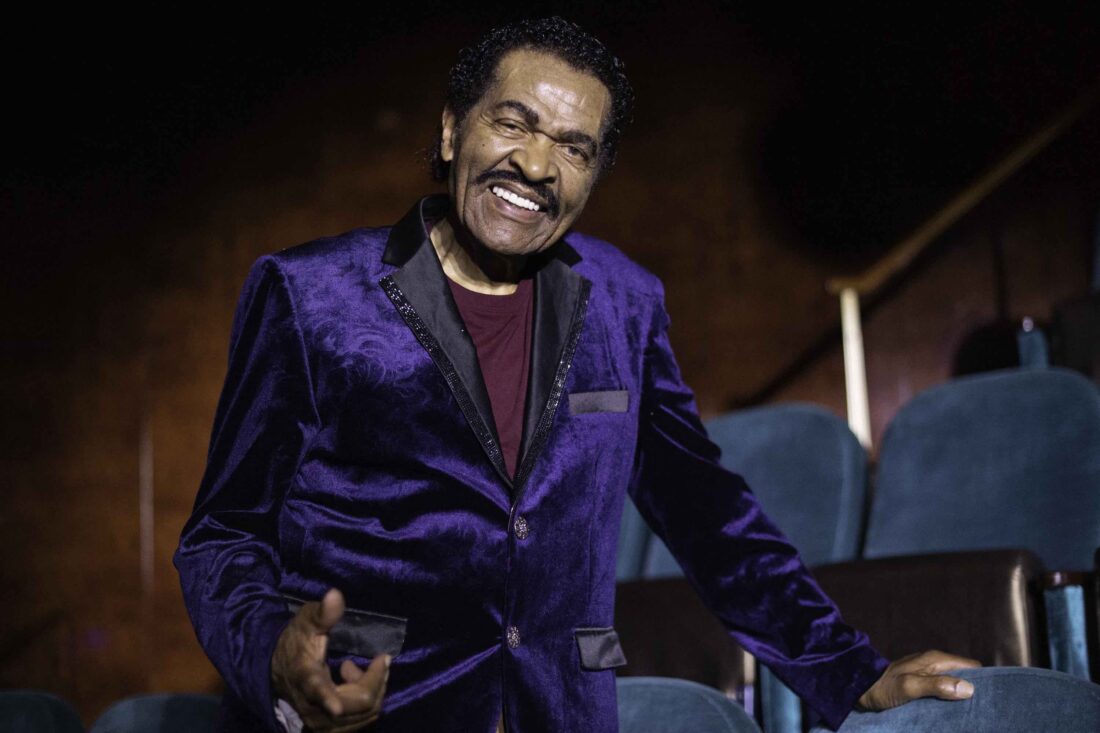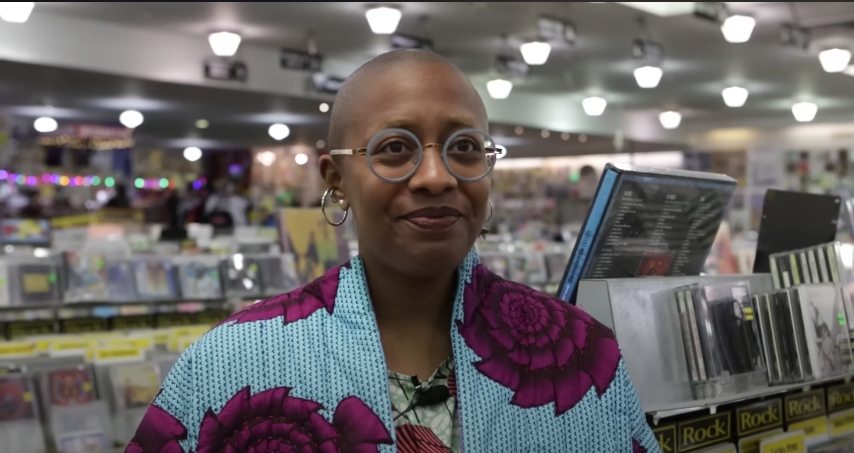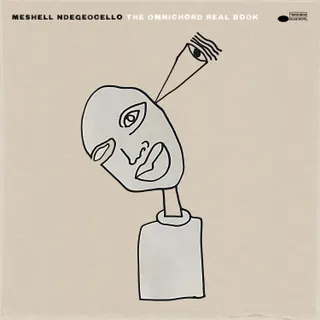
Cuban-born pianist and composer HAROLD LÓPEZ-NUSSA begins an exciting new chapter of his fascinating career with his Blue Note debut Timba a la Americana, a vibrant album teeming with joy and pathos that was inspired by the pianist’s recent decision to leave his Cuban homeland and begin a new life in France. Produced by Snarky Puppy bandleader Michael League, Timba a la Americana unveils a brand-new sound across 10 dynamic original compositions performed by a tight-knit band featuring harmonica virtuoso Grégoire Maret, Luques Curtis on bass, Bárbaro “Machito” Crespo on congas, and Harold’s brother Ruy Adrián López-Nussa on drums.
Harold traces the origins of Timba a la Americana to a day during his family’s first winter after leaving Cuba to live in Toulouse, France. It was cold. He was homesick. Harold found himself flipping through voice memos on his phone, listening to jams and fragments of song ideas he’d documented years before. These happened on gigs, or in the music space of his home, or on the street when he was seized with an idea. The little seedlings of songs ported him back to the rhythmic communication that was part of his everyday life in Cuba.
Timba a la Americana Due Out August 25
1st single “Funky” is streaming now
